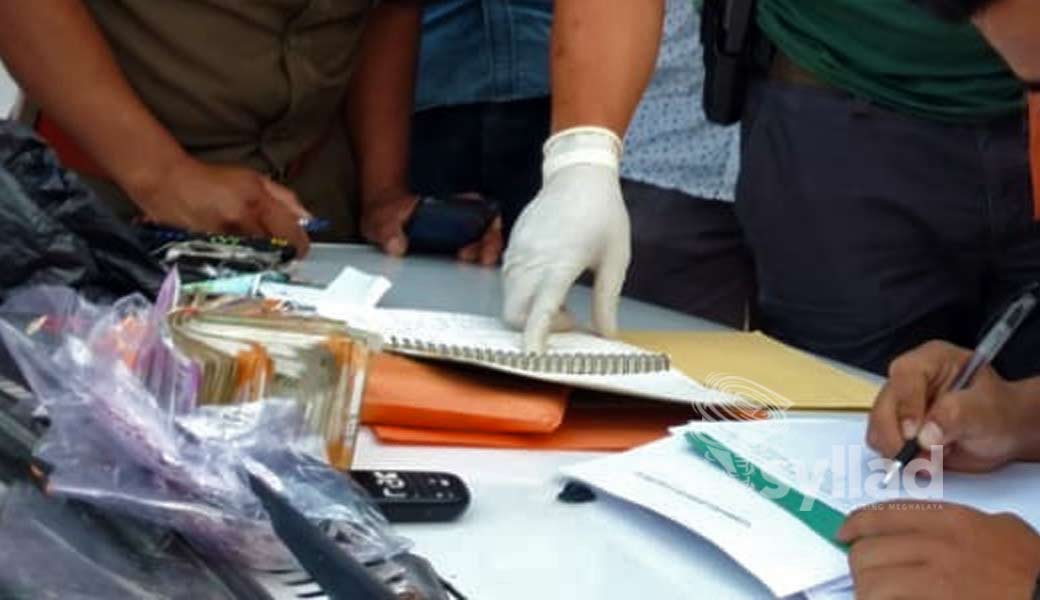Meghalaya Govt approves DREAM project policy, constitutes advisory board to tackle drug menace

Social Welfare Minister Paul Lyngdoh on Monday informed that the draft policy under the Drug Reduction Elimination and Action Mission (DREAM) has been notified for ensuring a drug free Meghalaya.
Addressing the media, Lyngdoh said the DREAM project was conceived and announced last year by the state government.
“Today we are happy to announce here that the draft policy has been approved and notified under this DREAM project, which calls for a drug free Meghalaya. Under this mission, a Mission Director and his team will assist the government in coordinating the efforts of various departments which are interlinked to this issue and also a total sanction of Rs 5 crore has been set aside for undertaking publicity campaigns and increasing awareness programmes, these all will come under this mission,” he said.
Lyngdoh also informed that an Advisory Board has been constituted for effective implementation of the Prevention of Illicit Traffic in Narcotic Drugs and Psychotropic Substances Act, 1988 (PITNDPS).
“A retired High Court Judge S Pande, who is the chairman of the State Consumers’ Council, has today consented in writing to be the chairman of the Advisory Board. Once the chairman of the Advisory Board agrees to take over the assignment that clears the pathway for us to implement this very important Act,” he said while adding “Under this Act, persons with known antecedents of being drug traffickers or being indulged in narcotic trade – big, medium or small – can be booked under this Act and they will undergo preventive detention for an initial period of 3 months which can be extended up to a year. There have always been complaints that the traffickers managed to obtain bail very easily but once this is invoked…these known traffickers will now be booked under this Act to facilitate their being detained under this Act and not be able to secure bail for 3 months,” he said.
The minister said if the traffickers feel that they have been unjustly detained, they can always appeal to the Advisory Board in writing as to why they should not be detained and why they should not be released.
Further, Lyngdoh informed that the meeting also discussed at length the need to strengthen the narcotic cell which today comprises just 3 police officials. “We have decided that this will be increased and once the number of personnel is increased to at least cover all districts then we will be in a better position to contain and control this menace,” he said.






Leave a Reply